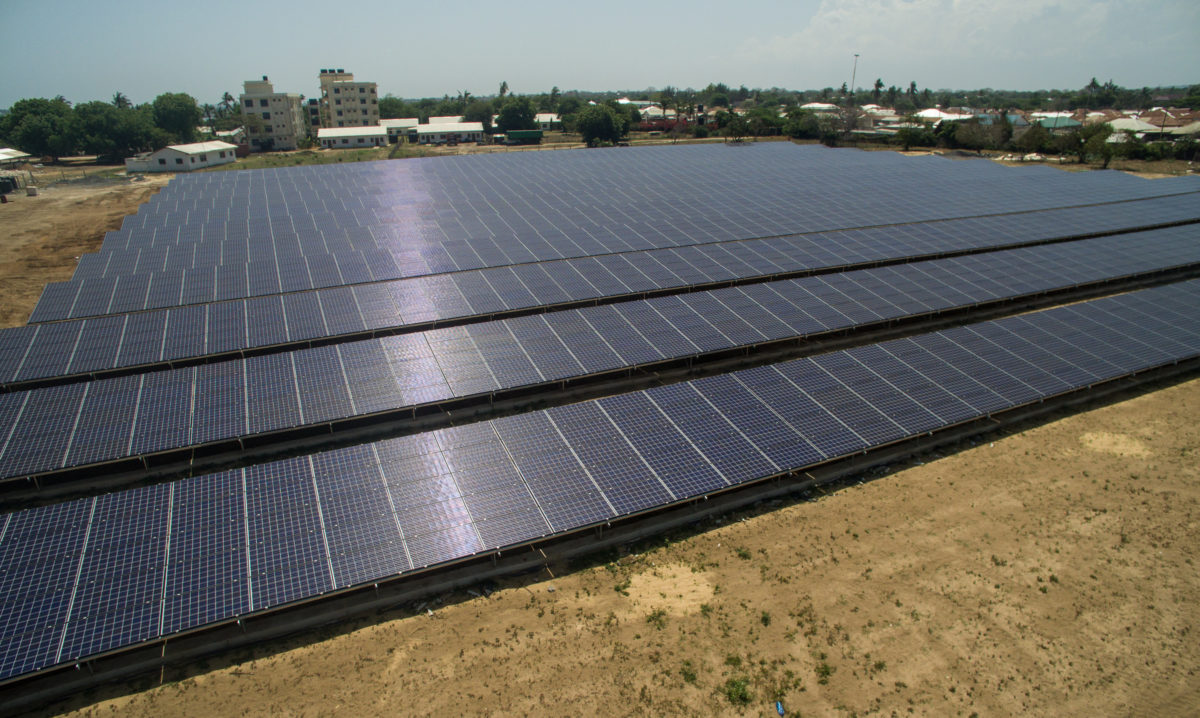The German Development Bank (KfW) and the multinational African Trade Insurance Agency (ATI) have set up a €33 million credit facility to support renewable energy projects across Africa.
The facility will enable investors in projects with a capacity of up to 50 MW to receive a liquidity guarantee for a six-month period. This guarantee is expected to help developers in the case of payments delay on the part of mostly state-owned electricity customers, due to financial or political issues.
The Regional Liquidity Support Facility (RLSF), the KfW said, relieves the risk of the guaranteeing private banks, which facilitates the decision as to whether small and medium-sized green power plants are to be financed. Investors thus remain “liquid” even in difficult times.
“The RLSF stands for a strongly market-oriented approach, which is fully in line with KfW's strategy to use and promote the resources of the private sector locally,” said Thomas Duve, the Director of the Department of Southern Africa and Regional Funds of KfW on the occasion of the signing of the contract in London.
The International Energy Agency (IEA) estimates that renewable energy growth on the African continent alone will be up by 73% in 2022, which equates to more than 24 GW of electricity. Small and medium-sized power plants play an important role in this because they can be implemented more quickly, provide electricity directly at the place of production and thus help to solve energy bottlenecks.
The new facility supports this expansion of sustainable power generation in African countries and, unlike other liquidity instruments used to hedge against credit risk, is spread over several years.
This content is protected by copyright and may not be reused. If you want to cooperate with us and would like to reuse some of our content, please contact: editors@pv-magazine.com.



1 comment
By submitting this form you agree to pv magazine using your data for the purposes of publishing your comment.
Your personal data will only be disclosed or otherwise transmitted to third parties for the purposes of spam filtering or if this is necessary for technical maintenance of the website. Any other transfer to third parties will not take place unless this is justified on the basis of applicable data protection regulations or if pv magazine is legally obliged to do so.
You may revoke this consent at any time with effect for the future, in which case your personal data will be deleted immediately. Otherwise, your data will be deleted if pv magazine has processed your request or the purpose of data storage is fulfilled.
Further information on data privacy can be found in our Data Protection Policy.